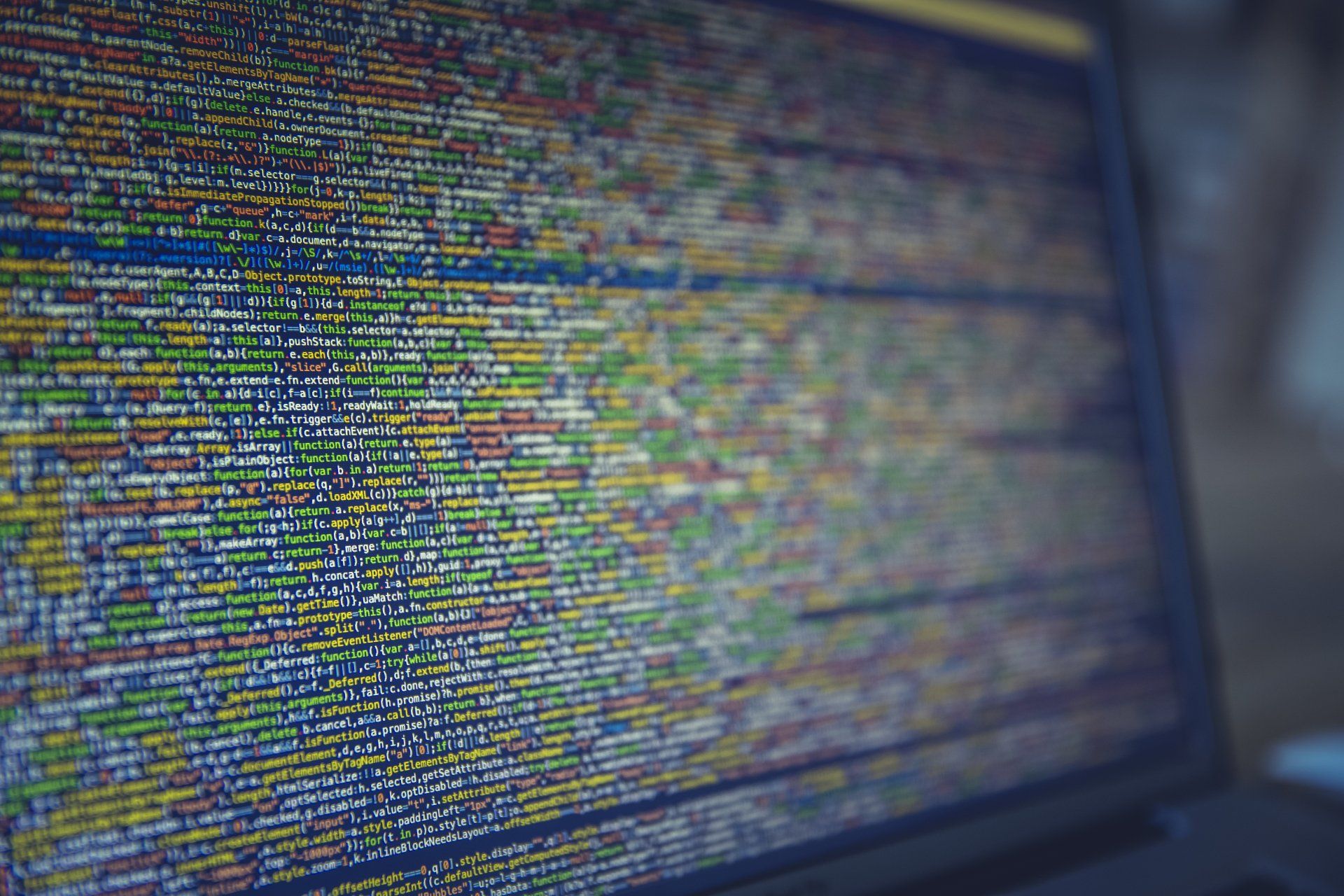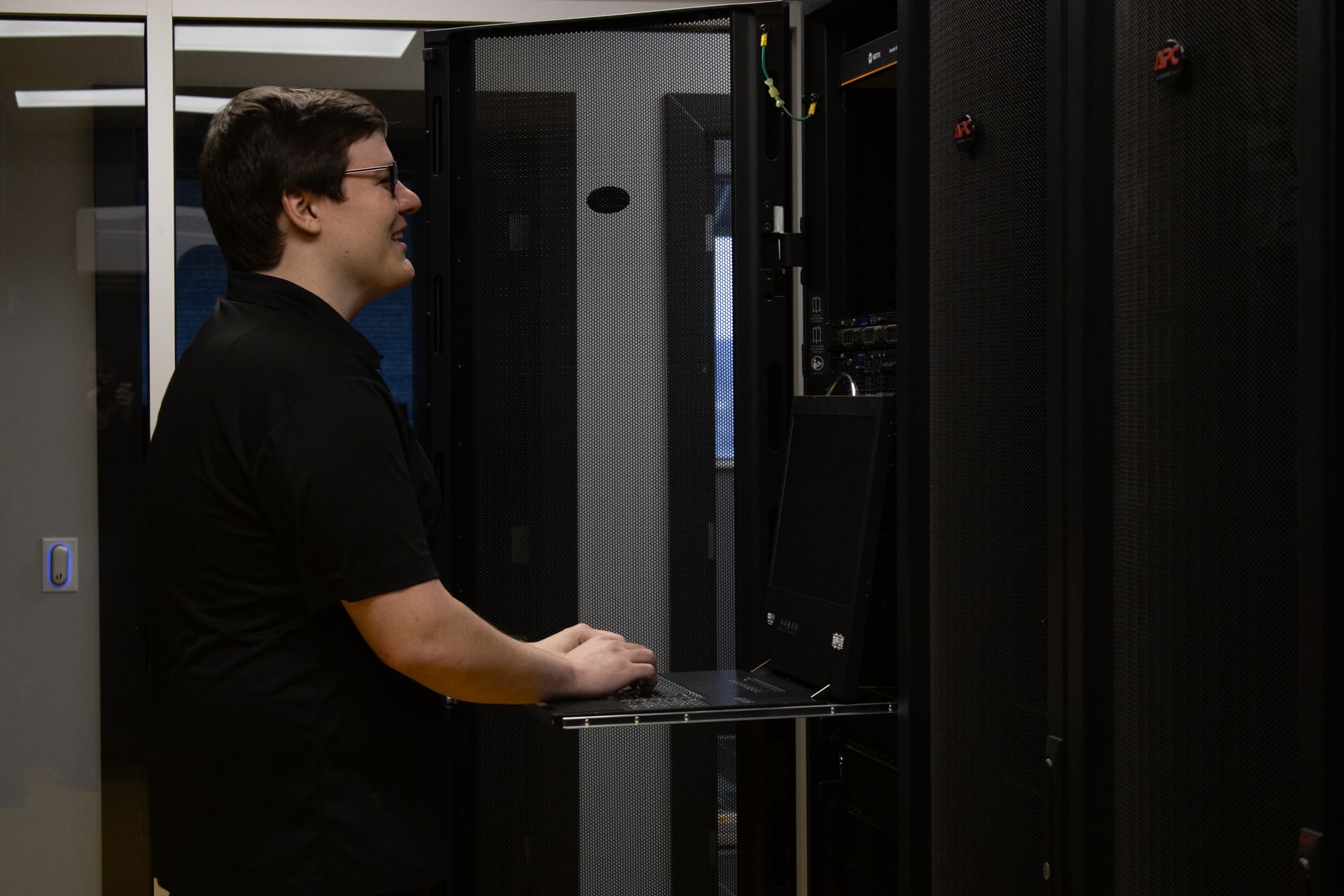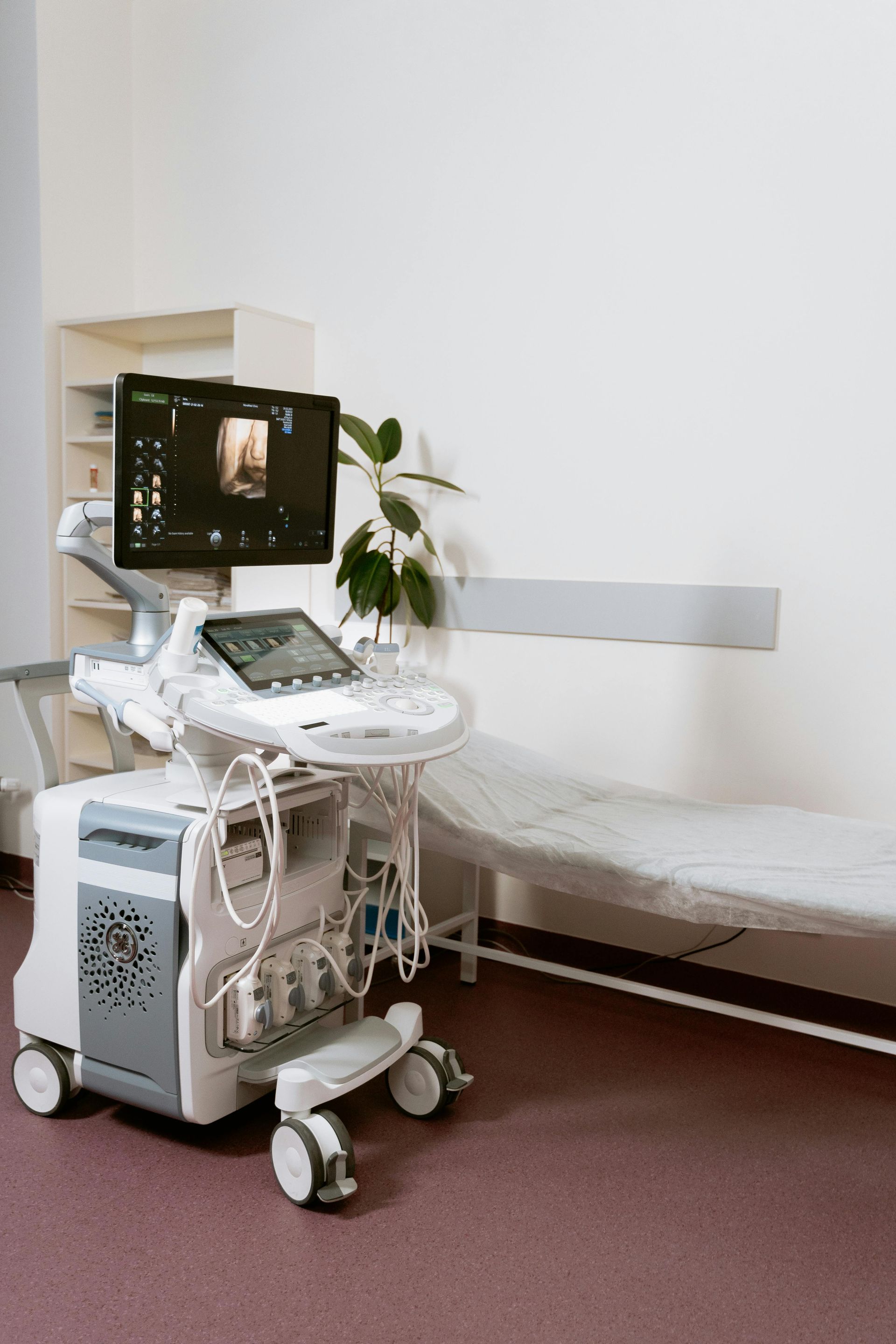Do I Need Dark Web Monitoring?
by Jon Lober | NOC Technology
Navigating the Shadowy Corners of the Internet for Better Online Security

The internet is a vast and ever-expanding network of information, resources, and communication. While it has connected people and businesses across the world in unprecedented ways, it has also given rise to new forms of cybercrime that are increasingly difficult to detect and prevent. One such example is the dark web, which has gained notoriety as a haven for criminal activity and is often associated with illegal trades, stolen data, and online fraud.
So, what is the dark web? It's a secret corner of the internet that provides anonymity to its users. Unfortunately, this anonymity also creates a breeding ground for illegal activity, such as the buying and selling of stolen information like credit card numbers, medical records, personal information, and more. These transactions often take place using cryptocurrency to preserve the anonymity of the buyer and seller.
Think of the Dark Web as a mall with different levels. The ground floor is like a regular mall where anyone can go shopping. However, as you move up the levels, the stores become more exclusive and specialized, with only certain people allowed in. The top level of the mall are elite and premium stores. - it's difficult to access, and only those in the know can enter.
Because the Dark Web is not easily accessible to the average person, monitoring it can be a big task. That's why businesses often turn to special services to keep an eye on the Dark Web for their sensitive information. These services help keep their sensitive information safe and secure from harm.
Given its association with illegal activity, it's not surprising that many individuals and organizations are concerned about the potential risks posed by the dark web. So, do you need dark web monitoring? The answer is partially yes. While not everyone needs it, many organizations are at a higher risk of becoming victims of dark web threats, such as those handling sensitive information, financial transactions, and valuable assets. By regularly monitoring the dark web, you can identify and mitigate risks to your personal or professional reputation, financial well-being, and privacy.
5 Best Practices When Considering Dark Web Monitoring Services
- Assess Your Risk Profile: Determine the type and extent of information you want to protect and evaluate your potential exposure to dark web threats.
- Choose a Reputable Provider: Research and compare different dark web monitoring services, paying attention to their security protocols, privacy policies, and customer reviews.
- Establish a Monitoring Schedule: Decide on a frequency that works best for you, whether it's daily, weekly, or monthly, and stick to it.
- Educate Yourself on the Dark Web: Stay informed about the latest trends, threats, and best practices in dark web monitoring to make informed decisions.
- Take Action on Alerts: If you receive an alert, act quickly to determine its credibility and take appropriate steps to mitigate any potential risks.
Dark web monitoring can be a valuable tool for protecting your business's online identity and security, but it's important to approach it with caution and strategy. By following these best practices, you can ensure that you are effectively monitoring and mitigating the risks associated with the dark web. Understanding what the dark web is and how it operates is an essential first step in making informed decisions about your online security.







